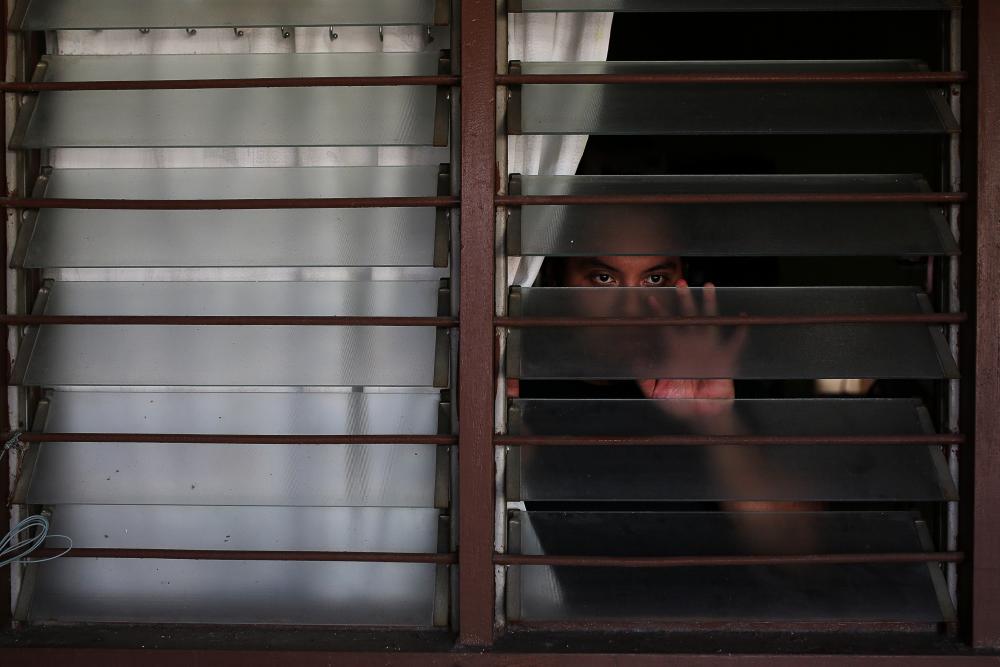A LITTLE more than six months have passed since Malaysia decriminalized attempted suicide. At the time, it was lauded as an important milestone in the hope that it would reduce the stigma of mental health conditions, such as depression, and thus encourage more people to seek help.
However, since then, many other issues have taken center stage, and a concerted effort to leverage this event has yet to materialize.
We cannot afford to rest on our laurels as national data indicates a rising trend in suicidal thoughts and attempted suicide – from 7.9% and 6.8% in the National Health and Morbidity Survey 2012 to 13.1% and 9.5% in 2022.
These alarming numbers hide an even larger population of those who have lost a loved one to suicide.
Like the proverbial iceberg with its mass hidden beneath the surface, the unseen and unspoken impact of suicide is often found among those who are left behind, known as suicide survivors.
These individuals are the ones who must find a way to cope with the pain of losing a loved one who has died by suicide, be it young children who have lost an older sibling, parents who have lost a child, schoolmates who have lost a friend , and others in similar situations.
Unlike an accident, which is unexpected or an illness which allows loved ones to prepare for the loss, a suicide survivor is often left to wonder “why”, and experiences a barrage of emotions that range from hurt, confusion and betrayal to feelings of guilt , self-blame and abandonment.
Coping with these emotions can be challenging as trauma and grief can affect us all even if we are not aware of their impact.
Furthermore, studies in South Korea and the UK indicate that suicide survivors have a higher risk of dying by suicide themselves.
With this in mind, we must step up our efforts, not only to prevent suicide but to support the ones left behind.
Understanding grief
It is important to understand that how we grieve or cope with grief is different for every individual.
The effect can be internal, such as having difficulty sleeping or feeling depressed or it can be external, such as children acting out in school or misplaced aggression and hostile behavior. Sometimes, it can be a combination of internal and external signs of distress, which may also affect relationships.
Often times, young children may not be able to understand their loss, while older children or teenagers may turn to play or other activities as a way to process their emotions.
Regardless of age, some individuals find it difficult to acknowledge their loss or grief or they may attribute it to stress. This can sometimes manifest in self-destructive behavior, such as turning to consumption of unhealthy substances or developing behavioral addictions, if they seek relief or distraction from their emotions in negative ways.
Supporting suicide survivors
In the aftermath of a traumatic loss, it is natural that people find it awkward and painful to talk about their grief. To counter this, we need to create more awareness that it is okay to talk about what they are going through and create a safe environment for them to do so.
It is also essential for us to exercise empathy and compassion during this time as sensationalized articles or thoughtless comments on social media can greatly affect those who are grieving.
As individuals, there are many practical things we can do to support someone who is grieving, such as:
- Ask how you can help
- Offer practical help by assisting with daily needs, such as supplying meals or caring for their children while they handle other matters
- Check in from time to time to see how they are doing, lend an ear or be a kind neighbor
- Extend financial assistance or provide avenues for generating income, especially if the deceased individual was the family’s sole breadwinner.
- Recommend joining a support group or seeking professional counseling for individuals experiencing significant distress or struggling to manage daily activities. It is crucial that the person willingly seeks help, as forcing or deceiving them into it can strain relationships.
Schools and workplaces can play a vital role in supporting suicide survivors by ensuring the availability of counselors who can provide professional assistance through therapy sessions. This support extends to individuals dealing with mental health issues, helping them in managing daily stressors and coping with more traumatic events.
On a national level, enhancing preventive measures can be achieved through increased collaboration between government and private entities, starting with the improvement of awareness and literacy mental health. This is essential for us as a society to reduce the stigma, and encourage people to come forward and seek help if they are having suicidal thoughts or if they are suffering the trauma of being a suicide survivor.
The government and private stakeholders also need to work towards training more clinical psychologists to improve the ratio of clinical psychologists to the population, making these services more accessible.
The International Medical University Psychology and Counseling Learning Center provides free mental health services to the community. These services encompass workshops and support for issues such as relationship problems, grief counseling and more.
In conclusion, I would like to stress that anyone who is going through any form of grief or trauma should seek help early – do not see therapy as a last resort. Just as you promptly consult a doctor when you are unwell, seeking assistance is a crucial step towards improvement.
In my experience, I often meet those who suffer in silence for a long time, and they often express, “I wish I had taken this step sooner.”
The writer is the Head of Department, lecturer and clinical psychologist at the Department of Psychology, School of Medicine at International Medical University.
Comments: letters@thesundaily.com









